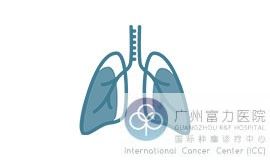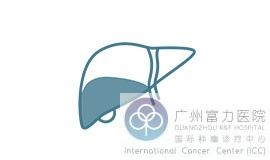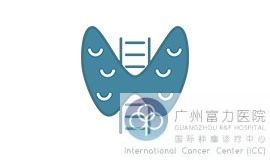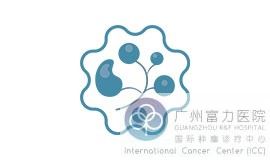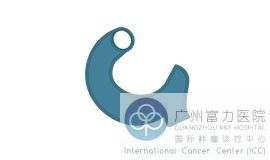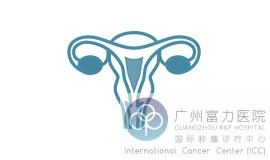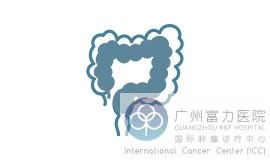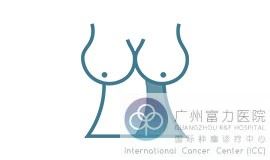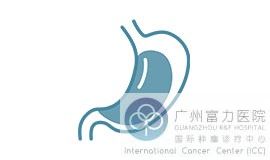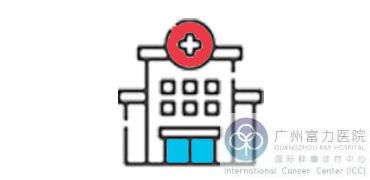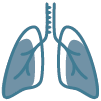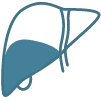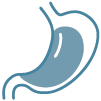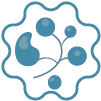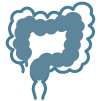For cancer patients, tumor cells often escape the pursuit of the immune system by "disguising", resulting in the failure of traditional treatment. The immune checkpoint inhibitor therapy adopted by the Guangzhou R&F Hospital Tumor Center focuses on "releasing immunosuppression and activating long-term anti-cancer memory" to provide breakthrough treatment options for international patients (especially in Southeast Asia and the Middle East), allowing the patient's own immune system to become the "main force" in the fight against cancer. This Nobel Prize-winning technology awakens the body's natural immunity. In 2024, clinical data from our hospital showed that the 5-year survival rate of patients with advanced non-small cell lung cancer exceeded 31% (traditional chemotherapy is only 5%), and the complete remission rate of skin cancer patients reached 43%.
What is immune checkpoint inhibitor therapy?
The immune system should recognize and eliminate cancer cells, but tumor cells release special signals (such as PD-L1 protein) that bind to the "brake button" (such as PD-1 receptor) on the surface of immune cells, forcing the immune system to "hibernate".
Immune checkpoint inhibitors are targeted drugs (such as pembrolizumab and nivolumab) that can accurately block "brake buttons" such as PD-1/PD-L1 and release the immune escape mechanism of tumors. Just like a racing car with the brakes released, immune cells are reactivated, quickly identifying and attacking cancer cells throughout the body, and even producing a lasting killing effect on metastatic lesions.
Technical secrets: How are cancer cells "forced to show up"?
Cracking the camouflage mechanism: Cancer cells send a "don't kill me" signal to immune T cells through PD-L1 protein (similar to wearing an invisibility charm)
Antibody precise interception: Intravenous injection of inhibitor antibodies, like "agent scissors" cuts off the camouflage signal of cancer cells
General attack of the immune army: Rejuvenated T cells completely eliminate tumors and form long-term immune memory
Treatment experience: 75% of patients do not need to be hospitalized after each 30-minute infusion (similar to the blood transfusion process)
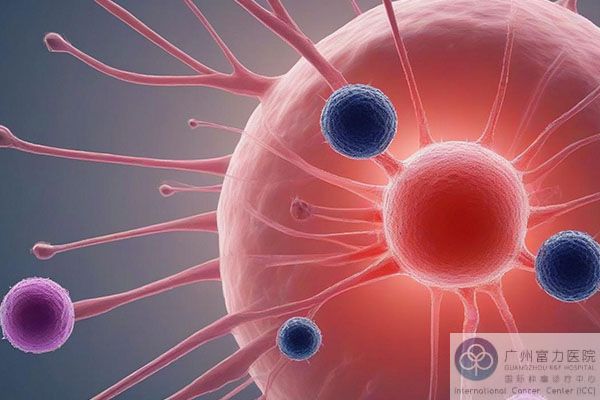
Which patients are suitable for this technology?
Immune checkpoint inhibitor therapy has been recommended by international guidelines and is suitable for:
Advanced solid tumors: patients with high PD-L1 expression or high microsatellite instability (MSI-H) such as lung cancer, liver cancer, gastric cancer, melanoma, head and neck cancer;
Traditional treatment failure: patients with chemotherapy, targeted therapy resistance or postoperative recurrence;
Combination therapy enhancement: combined with chemotherapy, radiotherapy or anti-angiogenic drugs to improve the response rate of "cold tumors";
Pursuit of long-term survival: some patients can achieve more than 3 years of progression-free survival, or even clinical cure.
Compared with traditional treatment, biological immunosuppressive preparations have significant advantages
Treatment Method | Mechanism of Action | Duration of Treatment | Side Effects | Long-term Efficacy |
Chemotherapy | Indiscriminate killing of rapidly dividing cells | Multiple cycles (several months) | Alopecia, bone marrow suppression, nausea, vomiting | High likelihood of resistance; high recurrence rate |
Targeted Therapy | Inhibit specific gene mutations/protein pathways | Continuous until resistance develops | Rash, diarrhea, liver damage | Median survival ~1-2 years (variable by tumor type) |
Immune Checkpoint Inhibitors | Activate systemic anti-tumor immune response | Every 2-6 weeks (ongoing) | Immune-related inflammation (pneumonia, colitis, etc., <10% incidence) | Some patients achieve durable remission (>5 years) |
Why choose Guangzhou R&F Hospital?
Accurate biomarker detection: Unlike some hospitals in Southeast Asia and the Middle East that use drugs based on experience, our hospital screens the advantage population through PD-L1, MSI, TMB and other tests to avoid ineffective treatment.
International standards for side effect management: Equipped with a multidisciplinary team (oncology, rheumatology, respiratory department), early diagnosis and treatment of complications such as immune pneumonia and enteritis, reducing serious risks by 70%.
Global drug accessibility: Provide a full range of immune drugs (such as PD-1, CTLA-4 inhibitors) approved by FDA, EMA and NMPA to ensure that the efficacy is synchronized with Europe and the United States.
Transnational treatment green channel: Support remote pathology consultation for international patients, cross-border cold chain transportation of drugs, and reduce the number of cross-border round trips.
Guangzhou R&F Hospital International Cancer Center Real patient case: the miracle of life of immune restart
Patient background:
Name: Ahmed (Saudi Arabia, 62 years old, desert worker)
Condition: Advanced squamous cell carcinoma of the skin (8×10cm back lesion) with lung metastasis
Treatment dilemma: Traditional radiotherapy causes skin ulceration, unable to pray in prone position
Treatment process:
PD-1 inhibitor (pembrolizumab) infusion every 3 weeks
Combined cryotherapy to treat surface ulceration
Customized breathable prayer pad to protect the treatment area
Efficacy milestones:
Back tumor shrank by 80% in the 18th week
Lung metastasis completely disappeared
Resumed 5 prayers a day 1 year after treatment
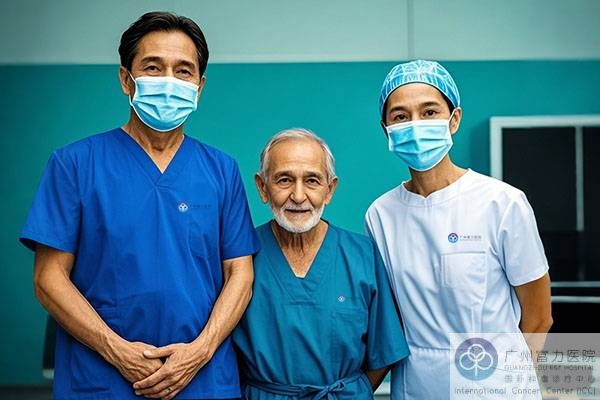
"Now when I pray, the ulcerated skin no longer hurts. This is the miracle that Allah guided me to Guangzhou." - Ahmed
Other cases treated with immunosuppressants
Case 1: Advanced lung cancer (UAE, 58 years old)
Lung adenocarcinoma EGFR wild type, progressed after chemotherapy. PD-L1 was detected as highly expressed (≥50%), and the patient received pembrolizumab monotherapy. After 4 months, the primary lesion shrank by 80%, the bone metastasis lesions were calcified, and the patient’s survival period has exceeded 3 years.
Case 2: Liver cancer (Vietnam, 45 years old)
With multiple intrahepatic metastases and inoperable. PD-1 inhibitor combined with lenvatinib, the tumor marker (AFP) dropped to normal after 6 months, imaging showed lesion necrosis, and the patient resumed light physical work.
Case 3: Melanoma (Indonesia, 32 years old)
Plantar malignant melanoma recurred and metastasized to the lymph nodes after surgery, CTLA-4 inhibitor combined with PD-1 treatment, the whole body lesions disappeared after 3 months, there was no recurrence for 2 years, and the patient successfully gave birth to a healthy baby.
For more patient stories, please click
Guangzhou R&F Hospital Cancer Center has opened the era of "survival without chemotherapy" for patients with advanced solid tumors, winning a lasting victory for life. If you or your family are facing difficulties in cancer treatment, please contact Guangzhou R&F Hospital Cancer Center. We provide multilingual medical record consultation, contact us immediately to obtain an assessment of treatment qualifications.
Contact us:
email: rfcancercenter@gmail.com |
whatsapp: +86 18565157271










